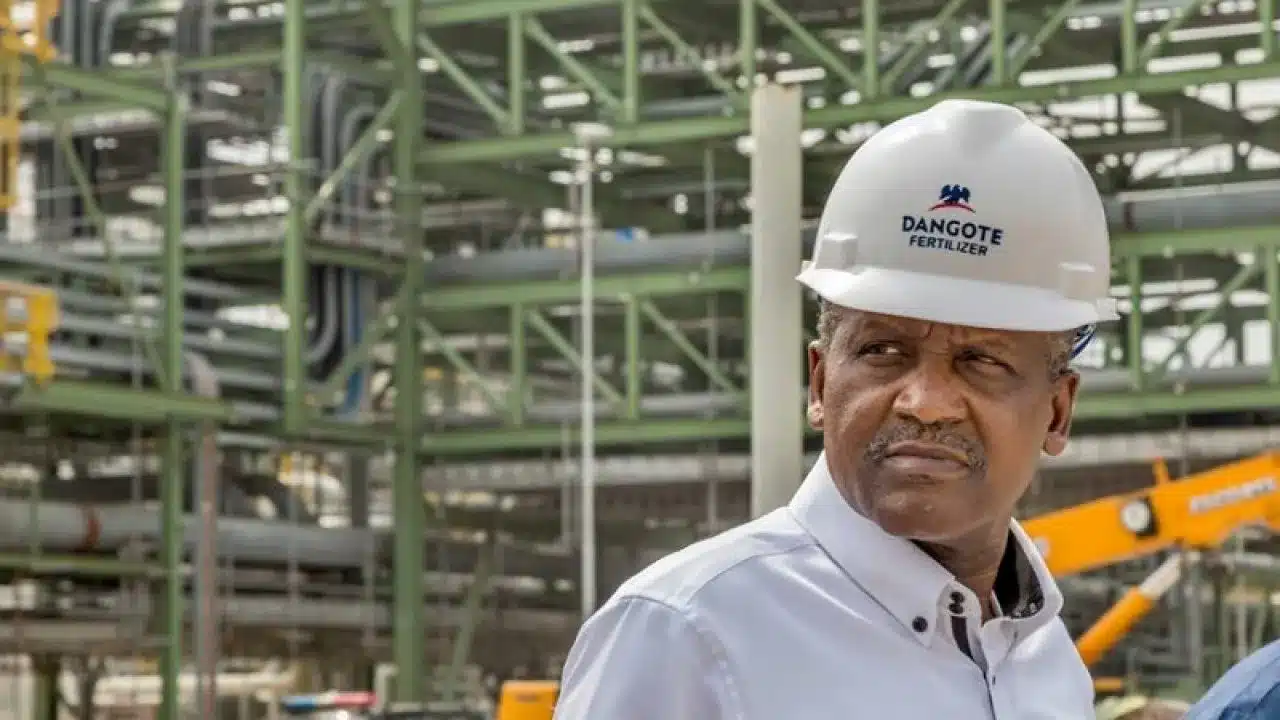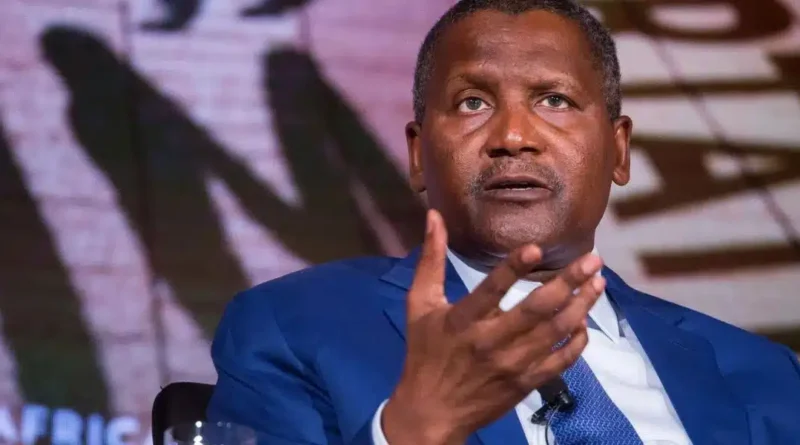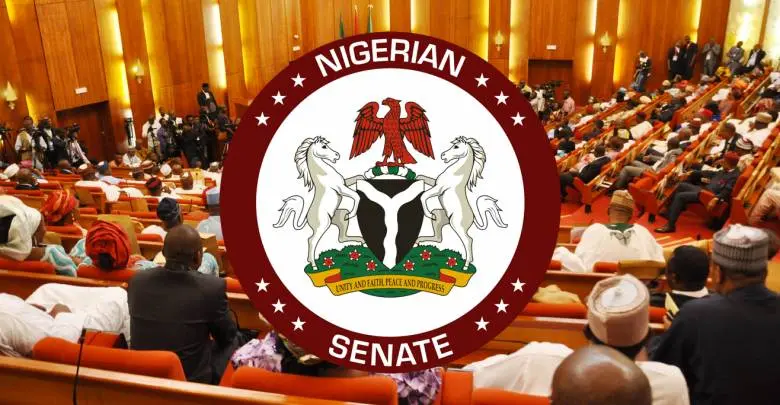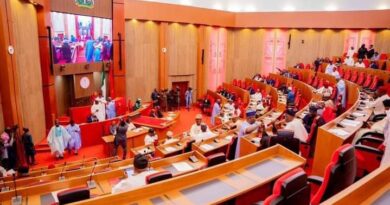Dangote Calls for Immediate End to Petrol Subsidy, Citing Economic Benefits
Alhaji Aliko Dangote, the President and CEO of Dangote Group, has called for the urgent removal of petrol subsidies in Nigeria, stressing the heavy economic burden they place on the country. During an interview with Bloomberg Television, Dangote emphasized that eliminating subsidies would allow the government to accurately gauge the nation’s actual gasoline consumption and ease the pressure on the naira.
Dangote highlighted that the combination of subsidy removal and the upcoming production from his $20 billion Lagos refinery would lead to greater transparency in Nigeria’s fuel market. The refinery, which is expected to produce 650,000 barrels of crude oil daily, will significantly reduce Nigeria’s reliance on fuel imports and reveal the true consumption levels within the country.

In his remarks, Dangote pointed out that subsidies artificially inflate prices and result in unnecessary costs to the government. He stated, “Subsidy is a very sensitive issue… it is the right time to get rid of subsidies.” The business magnate believes that by better tracking fuel distribution and consumption, the government could save substantial amounts of money that are currently being lost to inflated pricing.
The discussion around the removal of petrol subsidies in Nigeria is not new. President Bola Tinubu had initially scrapped the subsidy upon taking office in May 2023. However, the decision faced backlash as it triggered inflation and protests, leading to its reinstatement. Despite these challenges, the government has since taken steps to move toward ending the subsidy permanently, including easing the gasoline cap in early September 2023.
Nigeria has long struggled with the high cost of fuel subsidies, which amounted to $10 billion in 2022 alone. By relying on imported fuel, the country has been struggling with economic inefficiencies. However, with the impending completion of Dangote’s mega refinery, the country is poised to become more self-reliant in its fuel production.
The removal of subsidies would mark a significant shift for Nigeria’s economy, potentially freeing up resources that can be redirected toward critical sectors and reducing the country’s dependency on fuel imports. As the refinery comes online, the path toward ending subsidies could bring much-needed relief to Nigeria’s currency and economic stability.
The subsidy removal debate continues to divide public opinion, but Dangote remains firm in his stance, advocating for the long-term benefits that could arise from removing the fuel subsidies once and for all.








